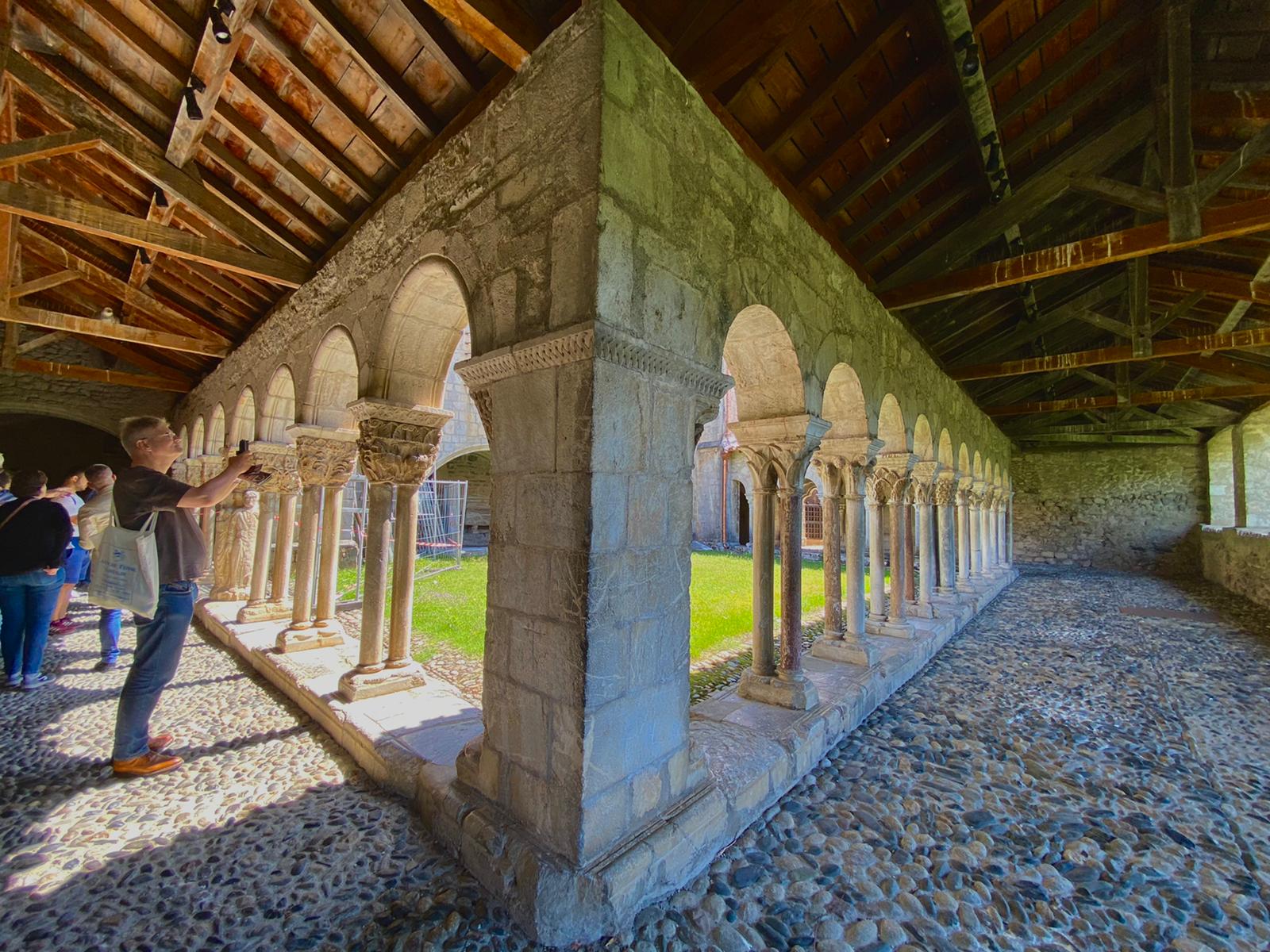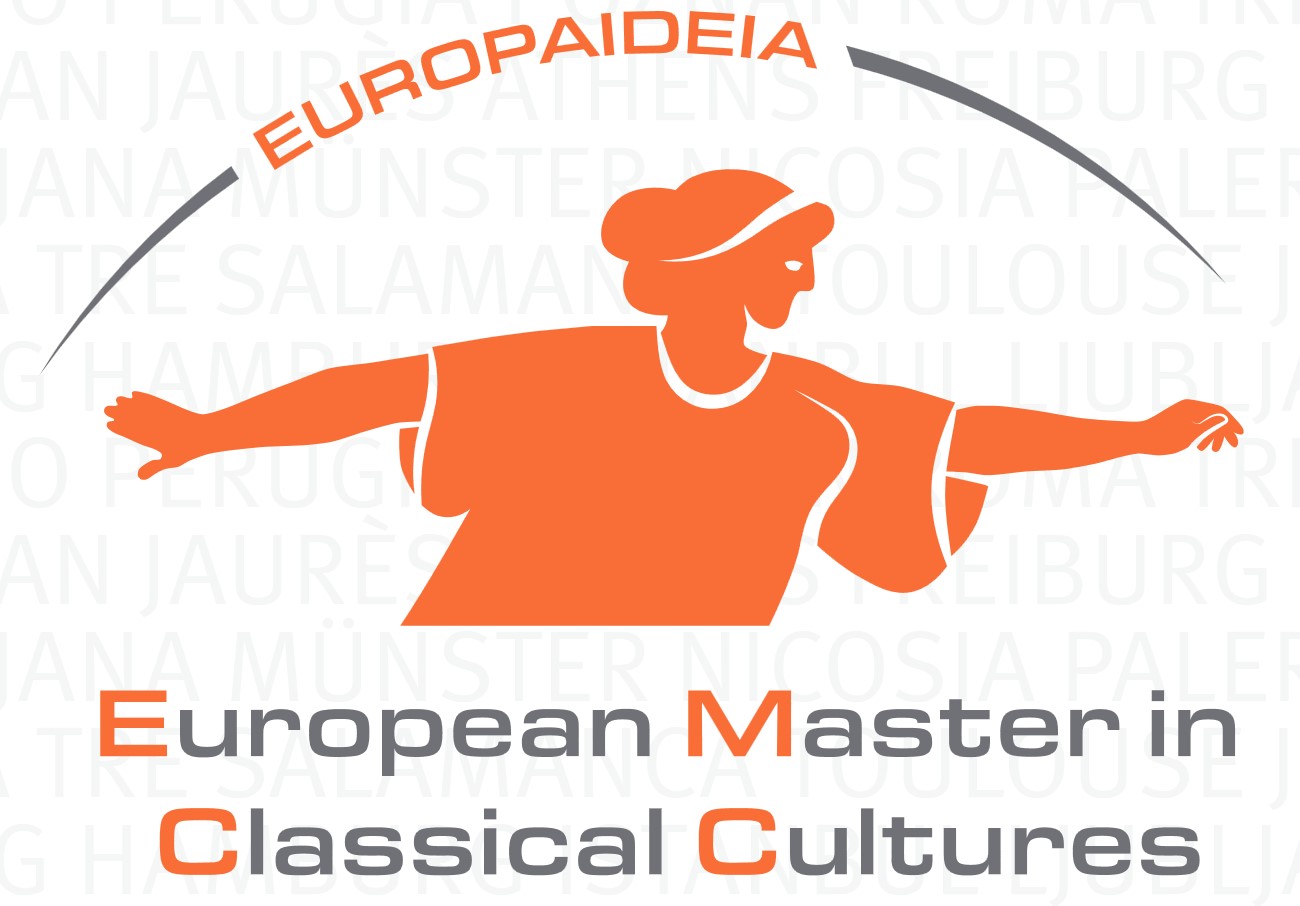Qualification Goals of the EMCC
The qualification goals of the programme are: expert knowledge, and superior interdisciplinary, problem-oriented analytical, representational and communicative skills in the field of Classical Studies both of which will qualify the students for their doctoral thesis, continued academic work and the employment in the cultural sector. Particular emphasis is laid on language skills, intercultural competences and a natural awareness of international cooperation in order to professionalise the students in for the European and international employment markets in scholarship, education, and culture.
Structure of the Curriculum
In view of the variety of designations that are used at the different universities for the sub-division of study programmes and individual courses, the following terms will be employed for the EMCC: large thematic units will be referred to as “Modules.” Each module consists of classes which – regardless of differences in organisation – will be referred to as “Courses.”
The study programme is subdivided into three study areas:
- Core Modules
- Advanced Modules
- Extension Modules
Further elements are interdisciplinary compact courses and a placement phase.
The core modules comprise three main subjects: Ancient History, Classical Philology and Archaeology plus a total of 5 modules which ought to be selected at the ratio of 2:2:1.
The core modules are split into introductory and speciality modules. The introductory module will impart the basic knowledge for each core module. Since admission to the EMCC programme requires basic expert knowledge for at least two core modules, students may only attend a single introductory module in one core module and ought to select their speciality modules accordingly. Whether an introductory module in any of the core modules is necessary at all will be decided during the admission procedure.
The two advanced modules are designed to improve methodological and language skills.
Building on the studies pursued in the core and advanced modules, the extension modules aim at professionalising the students further by expanding geographic and historical knowledge in the pertinent field, and by deepening the understanding of methodological problems.
The week-long interdisciplinary compact course (blockseminar) will be organised by the local coordinators and take place once a year at changing locations. It provides students with the opportunity to present and discuss the main points of their ongoing Masters thesis internationally.
The placement offers the opportunity to gain hands-on or practice-oriented experience. As a rule, the placements will be organised in cooperation with leading institutions, as, for instance, with one of our partners, the Deutsche Archäologische Institut.
Click here for an overview of the study modules
Mentoring
Prior to the beginning of the studies, the students’ academic specialties and specific interests will be assessed, in order to encourage a thoughtful organisation of the study plan right from the start.
The mentoring programme is a key element in the organisation of the EMCC. Each student will be assigned a personal mentor who is a member of staff at the university where the student begins the programme. In the course of the studies, other mentors, usually from the universities where the students have taken part of their exams, will support the student.




